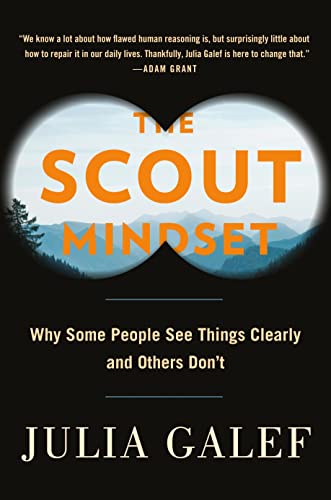As someone who works in literacy, I have seen this cited many times and referenced it several times myself. It was only this year, when I was reading Scout Mindset [1] that I realized this statistic doesn't say what so many people think it does.
People cite this stat to prove how important literacy is. After all, if a student can't read, then he is not going to be able to pass classes in a wide variety of subjects. This notion of causality is captured in the similarly-common saying "first you learn to read, then you read to learn".
But the stat doesn't prove causality at all. And when you step back and think about it, there is likely to be a very large overlap between people who have low reading ability and people who are more likely to drop out of school. This is perhaps obvious to people who do not work in literacy, where we tend to overestimate its importance.
For me, this was a perfect example of confirmation bias, where people — even people who are generally smart and well-meaning — credulously accept (or even tout) statistics without first analyzing them. Had we seen a stat that indicated that reading ability didn't affect educational outcomes, we surely would have dug in and tried to figure out what was wrong with the calculation. But this one sounded right, so now it's part of the accepted wisdom in the world of literacy. This statistic is cited wherever someone is asking for more money to be poured into early literacy programs, as if solving literacy will have this 300% multiplier effect.
I thought about posting about this on LinkedIn, and urging others to try to think about what beliefs are common in their industry, but have not been thoroughly examined. It would be great if we could call out some of these common-but-untrue beliefs, which may lead to misallocation of resources.
1: https://www.amazon.com/Scout-Mindset-Perils-Defensive-Thinki...


https://www.amazon.com/Scout-Mindset-Perils-Defensive-Thinki...